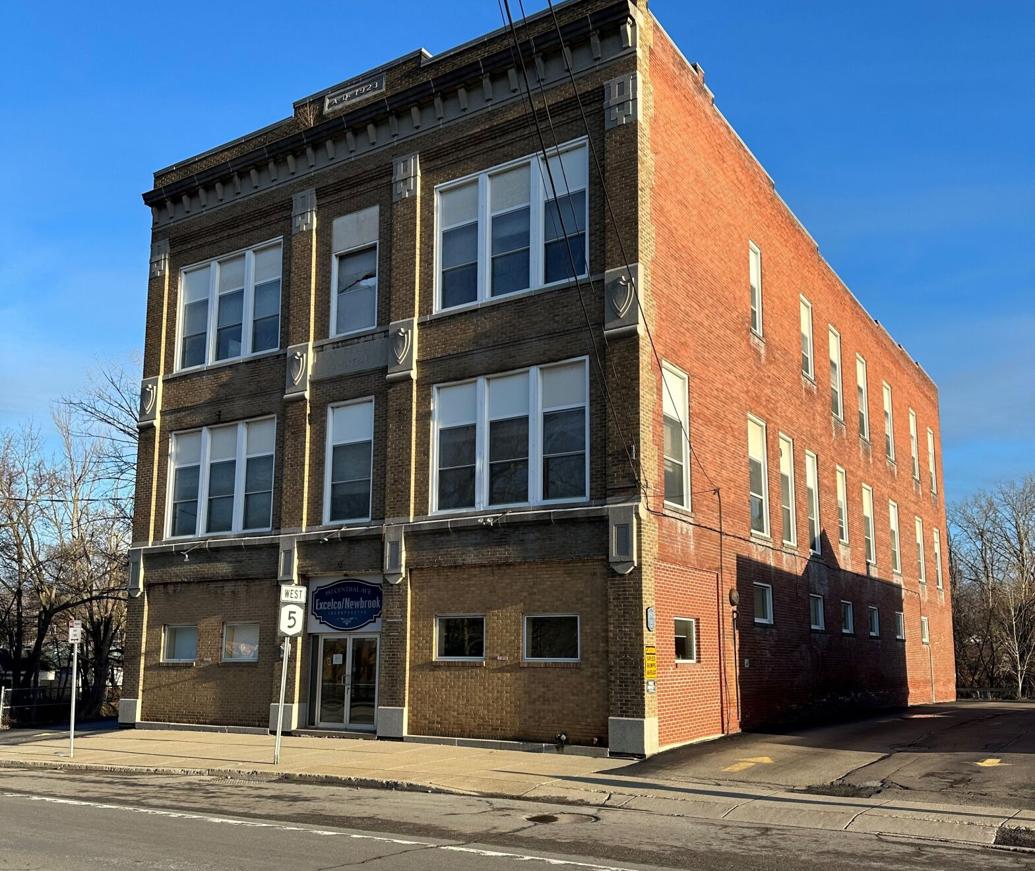Adam Neumann’s new startup Flow faces trouble in Nashville

Shahar Azran/Getty Images
- Adam Neumann’s post-WeWork venture was launched with a $350 million check and stakes in 6 buildings.
- Now, one of those buildings, a 358-unit apartment complex in Nashville, is struggling.
- The property has required millions in capital calls, and equity investors risk being wiped out.
Adam Neuman’s post-WeWork venture Flow was launched with a $350 million check and stakes in six buildings. Now, one of those buildings is struggling, and equity investors risk being wiped out.
Marketed as “a beacon of luxury living in the heart of downtown Nashville,” 2010 West End Street is a 358-unit apartment complex that has lost over $7 million between 2022 and 2023. Crowdfunding platform Yieldstreet, which has helped raise money for the property, recently told its equity investors that their investments could be wiped out. YieldStreet, which co-owns the building with Flow, said the owners are in discussions with the building’s lender to salvage the deal, either through a sale, a recapitalization of the building, or a debt restructuring.
Flow launched in 2022 with investments in six apartment buildings, including the now-troubled Nashville property, and a $350 million check from venture firm Andreessen Horowitz. It was the venture capital firm’s largest check ever and signified a second act for Neumann, who left WeWork, the company he cofounded, in 2019 after a failed IPO.
WeWork, which recently emerged from bankruptcy with new owners, was known for renting fun and colorful spaces for people to work. Flow seeks to bring that special touch, like playful neon signs with aspirational messages, to the apartment buildings it manages.
A Flow spokesperson sought to distance the Miami-based startup from the 2010 West End property, saying that Flow has never managed the building and is only the minority equity owner.
“The building’s purchase predates the existence of Flow and Flow’s business plans have never included the management of it,” the statement said. “Flow is a minority, non-controlling shareholder, and the building remains current on its obligations,” it added.
Indeed, 2010 has been operated for some time by RPM Living, a property manager based in Denver. It came to Flow via a wider transfer of six property investments originally made by Neumann’s family office Nazare Capital, which were transferred to Flow in advance of its launch.
Nazare, and now Flow, was the deal’s sponsor, which means it found the investment opportunity and turned to Yieldstreet to raise money. Yieldstreet owns the largest equity stake via the money it raised on its platform.
But the property has cost investors millions of dollars in capital calls, and Flow’s remaining stake in 2010 is at risk of being wiped out along with Yieldstreet investors, documents show. Meanwhile, it’s unclear what Flow’s plan is for this property. Flow, which currently manages two properties, one in Fort Lauderdale and one in Miami, didn’t respond to a request for clarification on this point.
It’s the latest sign of stress for real-estate investors who piled into the market during the pandemic boom. Nashville’s massive rent increases attracted apartment developers, who flooded the market with new supply, causing rents to crash and fortunes to reverse. Meanwhile, retail investors who piled cash into real estate crowdfunding are now facing the consequence of investing near the market’s top.
It’s the latest sign of stress for commercial real estate investors who piled into the market during the pandemic boom. Nashville’s massive rent increases attracted apartment developers, who flooded the market with new supply, causing rents to crash and fortunes to reverse. Meanwhile, retail investors who piled cash into real-estate crowdfunding are now facing the consequence of investing near the market’s top.
Inside the deal
2010 West End was purchased by an entity connected to both Nazare Capital and Yieldstreet in December 2021 for $158.7 million.
The building was new at the time of the acquisition and just being leased to tenants. According to Yieldstreet communications, it lost $3.6 million in 2023 and $3.7 million in 2022 because of rental concessions and rising capital costs.
Now, it requires more capital contributions to continue operating, but neither Yieldstreet nor Flow appears willing to invest any more in the building.
“The property needs further capital contributions to continue operations. However, Yieldstreet and the Sponsor do not find it prudent to put more equity into this deal given the current capital structure and the aforementioned market backdrop,” the update read.
Flow and Yieldstreet have already pumped over $10 million in loans into the property, including the $5 million that Yieldstreet raised on its platform earlier this year to pay for operational costs to buy an interest rate cap, according to documents reviewed by BI.
The $32 million in equity from Yieldstreet’s crowdfunding investors and the $16 million in equity that is now owned by Flow are at risk of being wiped out completely as the two “explore all options” with their lender to try to salvage the deal, either through a sale, a recapitalization of the building, or a debt restructuring.
“At this time, the common equity investment is materially impaired, and repayment at any level is not clear,” the update said.
Meanwhile, across town, a 268-unit building referred to as Stacks on Main that Nazare purchased in July 2021 for $79 million is facing some difficulty as well. Per a May Yieldstreet communication to investors, the property was not “generating enough cash flow to service the debt payments” and needed additional capital calls this year. Yieldstreet invested in both of these deals via two separate special-purpose vehicles.
Flow didn’t reply to a request for comment on Stacks on Main, which is also one of six properties transferred to the startup ahead of its launch. However, a person with knowledge of Yieldstreet’s operations said this second Nashville property no longer needs a capital call.
Crowdfunders wait to get wiped out
When interest rates were low, many Main Street investors turned to crowdfunding platforms like YieldStreet to gain access to the booming real-estate market. As rates crimp real estate’s return potential, some of those investors are feeling buyer’s remorse.
Investors on Yieldstreet need to be accredited investors, which means the SEC considers them to have enough income, assets, or professional training to invest in certain securities.
Business Insider spoke to a YieldStreet investor who invested $300,000 in the 2010 West End deal in February 2022. The investor, who works in the multifamily real estate industry, asked for anonymity because of the potential professional consequences of speaking to the press.
“It’s embarrassing, to be honest with you,” he said, “I work in the multifamily industry. I definitely should have seen some red flags.”
At the time, he was looking to diversify out of the stock market and the deal’s projected 17% to 19% annual return “reeled him in,” he said.
“I feel like a sucker for it, but when I saw that, my eyes lit up,” he said. “The biggest mistake I made was not really digging in and seeing the actual risks associated with it.”
The investor said a tracker on YieldStreet’s website showing how close the deal was to being full prompted him to invest quickly, fearing he would miss out.
Rents rose by 20.8% in Nashville in 2023 and 14.6% in 2022, according to a Zumper report, but the dual challenges of high interest rates and a sudden flood of new construction caused rents to drop 10% since last July, according to a Realtor.com report.
The investor said he saw red flags almost immediately after investing. First, the property failed to meet its occupancy goals, and then began handing out months of free rent to attract tenants. The investor was losing hope when he learned that Adam Neumann was the principal and founder of Nazare, the deal’s initial sponsor before the property was transferred to Flow. This information was disclosed in the investment memo, but he only saw the information on the main offering page in his haste to invest.
“If I had known Adam Neumann had anything to do with this, I’d have never put my money into it,” he said, citing Neumann’s track record running WeWork.
This investor says he is done with real estate crowdfunding.
“To me, these crowdfunding platforms are for the deals that the big boys don’t want to be involved in, bottom-of-the-barrel deals,” he said. “They know they can rope in some retail investors through volume, they can fill some of these deals, and then they can collect their management fees. They’re not acting as a fiduciary; they’re just trying to fill these deals anyway they can.”


